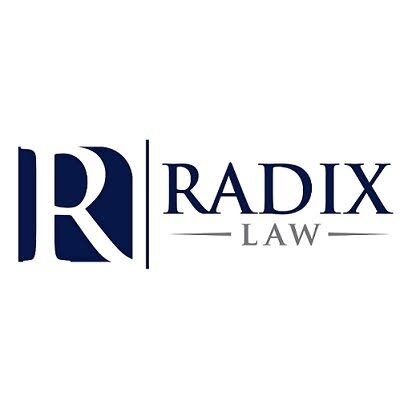Best Trusts Lawyers in Scottsdale
Share your needs with us, get contacted by law firms.
Free. Takes 2 min.
List of the best lawyers in Scottsdale, United States
About Trusts Law in Scottsdale, United States:
Trusts are a legal arrangement where a person (the trustor) appoints another person or entity (the trustee) to manage assets on behalf of beneficiaries. In Scottsdale, United States, trusts are governed by state laws and can be an essential tool for estate planning and asset protection.
Why You May Need a Lawyer:
Legal assistance may be necessary in situations such as drafting a trust document, understanding complex legal terms, resolving disputes among beneficiaries, or updating an existing trust to comply with current laws.
Local Laws Overview:
In Scottsdale, United States, trusts are regulated under the Arizona Trust Code. Some key aspects include the requirement for a trust document to be signed by the trustor, the need for a trustee to act in the best interest of beneficiaries, and the possibility of court intervention in case of trust disputes.
Frequently Asked Questions:
1. What is the difference between a revocable and irrevocable trust?
A revocable trust can be amended or revoked by the trustor during their lifetime, while an irrevocable trust cannot be changed once established.
2. How do I choose the right trustee for my trust?
Consider someone trustworthy, financially responsible, and willing to fulfill their duties. You may also seek professional trustees for complex trusts.
3. Can a trust help me avoid probate?
Yes, assets held in a trust do not go through probate, saving time and expenses for your beneficiaries.
4. What are the tax implications of a trust?
A trust may be subject to income, estate, or gift taxes based on the value of assets and distributions. Consulting a tax professional is recommended.
5. How often should I review my trust?
It is advisable to review your trust regularly, especially after major life events like marriage, divorce, or the birth of a child.
6. How can I change the terms of my trust?
You can usually amend a revocable trust by executing a trust amendment that specifies the changes. Consult with a lawyer to ensure legal compliance.
7. What happens to a trust after the trustor's death?
The trust may continue to exist, with the trustee managing assets according to the trust document for the benefit of the beneficiaries.
8. Can I protect my assets from creditors with a trust?
Certain irrevocable trusts may offer asset protection from creditors, but the rules vary by state. Consulting with a lawyer is recommended.
9. What is a living trust, and do I need one?
A living trust is established during the trustor's lifetime and can help avoid probate and provide privacy in asset distribution. A lawyer can assess if it suits your needs.
10. How much does it cost to create a trust with a lawyer?
The cost of creating a trust with a lawyer can vary based on the complexity of the trust and the attorney's fees. It is advisable to request a cost estimate before proceeding.
Additional Resources:
For more information on trusts in Scottsdale, United States, you may contact the Arizona State Bar Association or visit the Arizona Superior Court's Probate and Trust Department website for legal forms and guidelines.
Next Steps:
If you require legal assistance in establishing, managing, or resolving issues related to trusts in Scottsdale, United States, it is recommended to consult with a qualified trusts lawyer who can provide personalized guidance and representation based on your specific situation.
Lawzana helps you find the best lawyers and law firms in Scottsdale through a curated and pre-screened list of qualified legal professionals. Our platform offers rankings and detailed profiles of attorneys and law firms, allowing you to compare based on practice areas, including Trusts, experience, and client feedback.
Each profile includes a description of the firm's areas of practice, client reviews, team members and partners, year of establishment, spoken languages, office locations, contact information, social media presence, and any published articles or resources. Most firms on our platform speak English and are experienced in both local and international legal matters.
Get a quote from top-rated law firms in Scottsdale, United States — quickly, securely, and without unnecessary hassle.
Disclaimer:
The information provided on this page is for general informational purposes only and does not constitute legal advice. While we strive to ensure the accuracy and relevance of the content, legal information may change over time, and interpretations of the law can vary. You should always consult with a qualified legal professional for advice specific to your situation.
We disclaim all liability for actions taken or not taken based on the content of this page. If you believe any information is incorrect or outdated, please contact us, and we will review and update it where appropriate.








